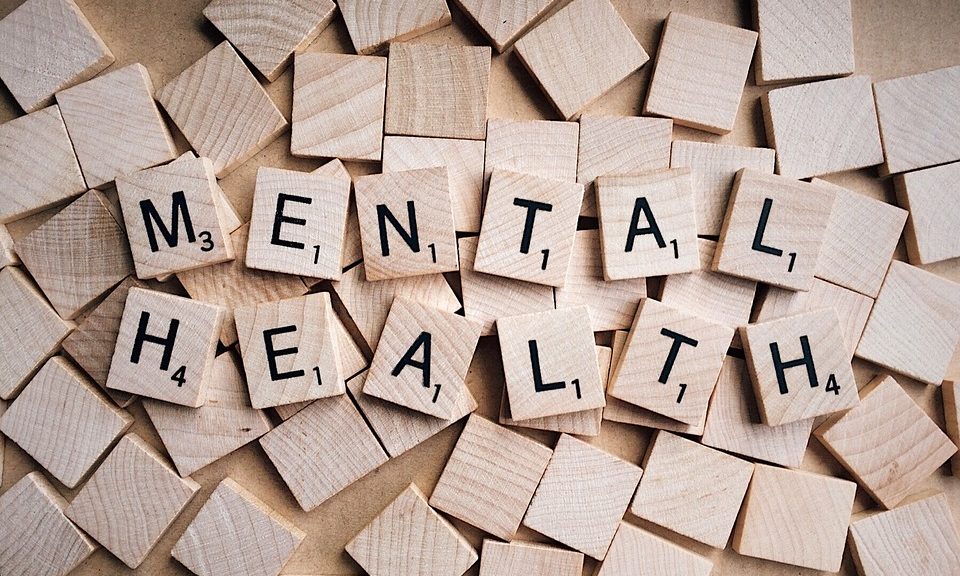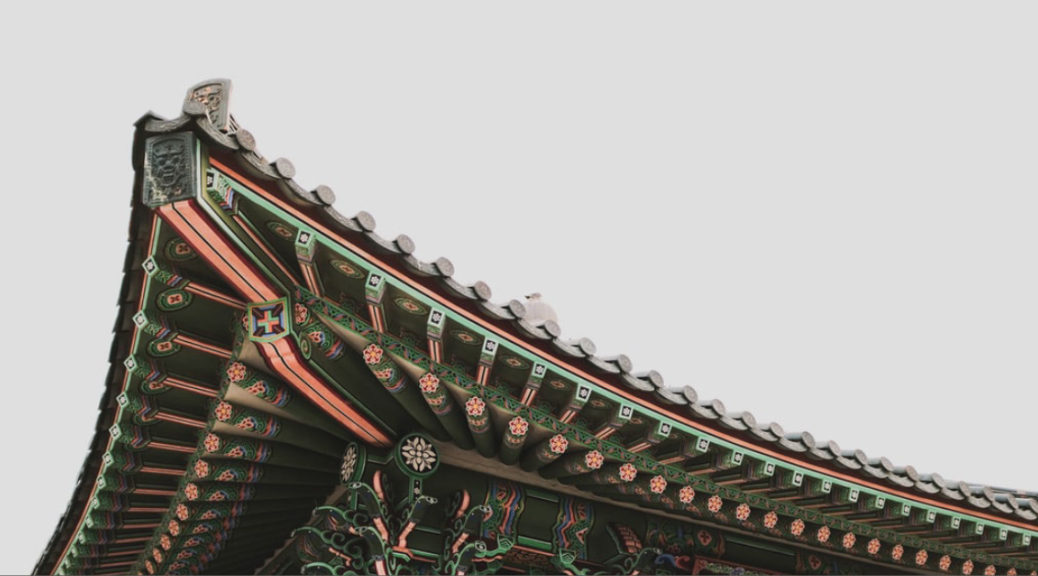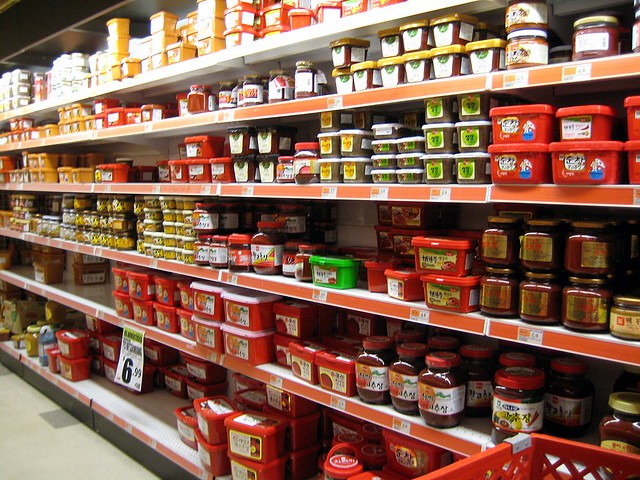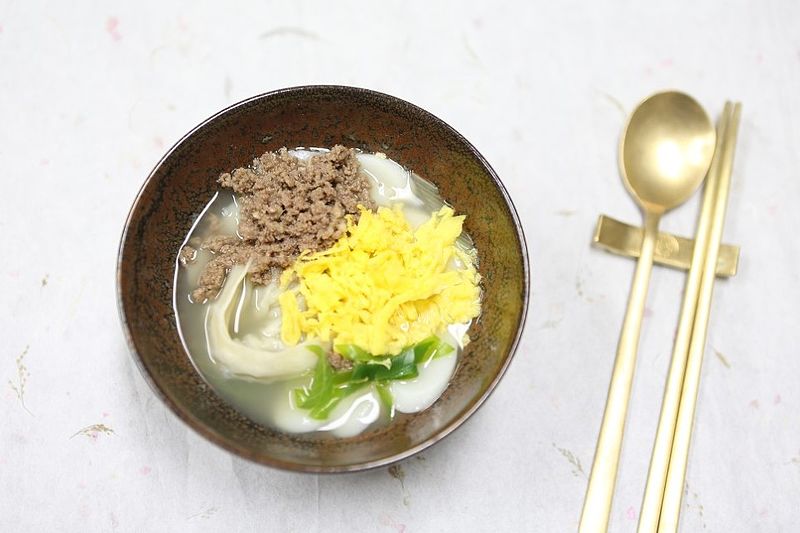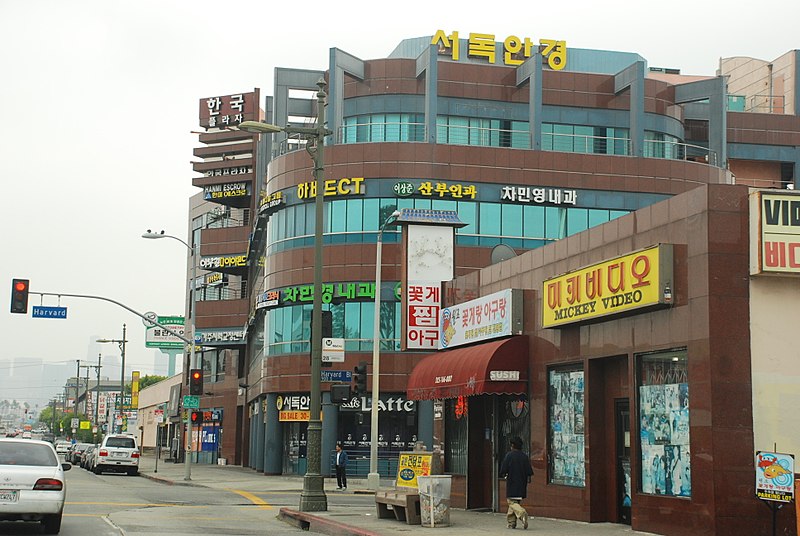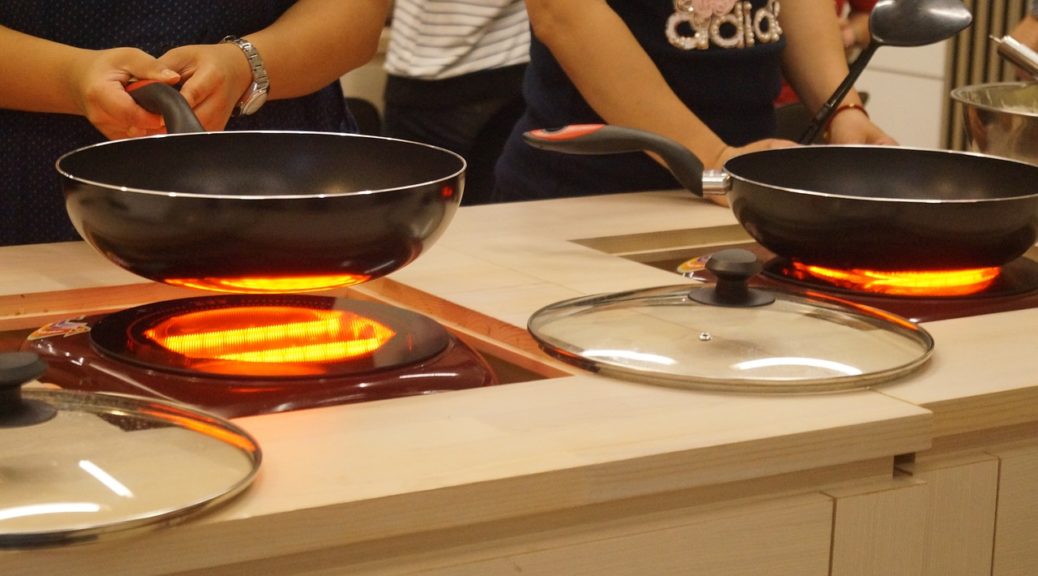By Sasha Park
Edited By Natalie Grace Sipula
College can often be overwhelming. While trying to juggle academics, extracurricular activities, social life, sleep, and potentially a job, we often neglect to take care of and check in on our mental health. USC has many resources that directly and indirectly help students to cope with stress and improve their mental health, especially in overwhelming and challenging times such as the circumstances we are facing today. Here are some resources you can reach out to in-person or visually for support.
USC Counseling Services:
Student Counseling Services can help you meet your academic and personal goals. It offers many resources including drop-in workshops and group counseling. For students in distress, it provides support in the form of individual therapy, crisis support, psychiatric services as well as consultation to those who are interested in reaching out to a student in distress. When indicated, it also provides connection to other USC resources or community providers. You can make your first Counseling Consultation appointment online in your student health portal, and they are offering online appointments at this time as well: usc.edu/myshr.

Professor Beau, the Wellness Dog
No article about wellness at USC is complete without a mention of Professor Beau, USC’s first (and hopefully not last) full-time canine staff member. You can visit this professionally trained Golden Doodle at his office hours on Tuesday and Thursday at 12-1 pm and 11:20 am to 12:30 p.m. respectively at the Student Wellness Lounge (ESH 203). Plus, he’s hypoallergenic! You can check out his (verified) Instagram account here to get your Beau fix from home: https://www.instagram.com/beau_usc/.
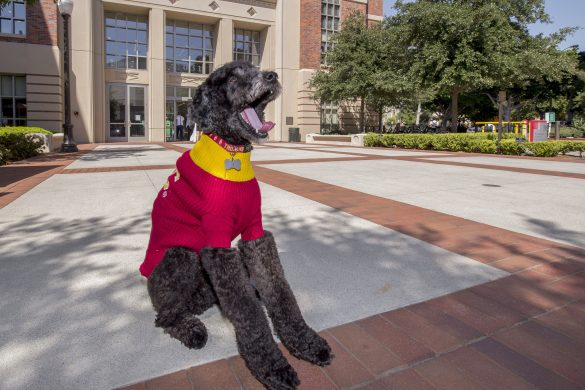
Relationship and Sexual Violence Prevention and Services
Relationship and Sexual Violence Prevention and Services is located in Engemann, Suite 356. It provides immediate therapy services for situations related to gender and power-based harm (e.g., sexual assault, domestic violence, stalking). Through its educational programs, Relationship and Sexual Violence Prevention and Services fosters a better understanding of sexual violence, relationship abuse, stalking, and healthy relationships/sexuality. Above all, Relationship and Sexual Violence Prevention and Services serves as a haven for students and provides opportunities to make change on campus, through its educational programs and peer outreach program, VOICE .
Contact them at (213) 740-4900


